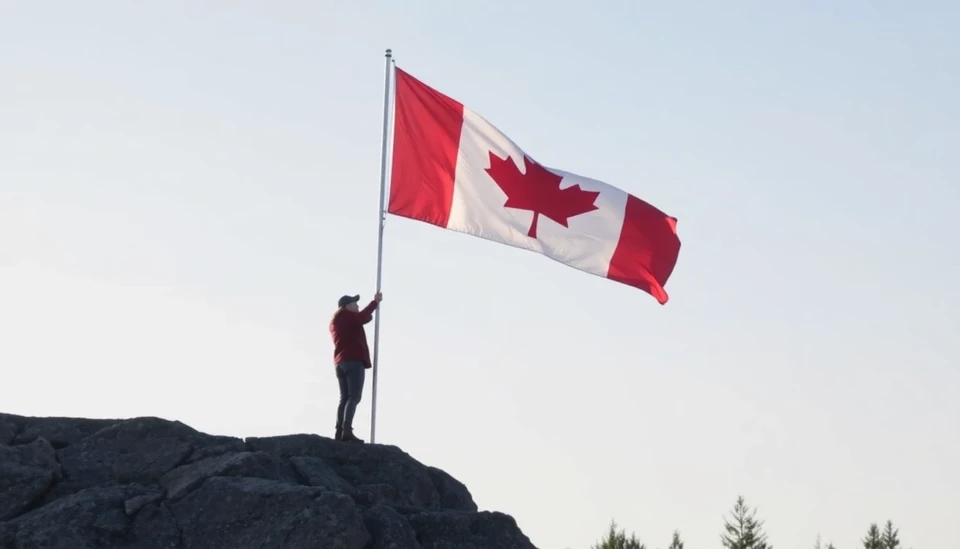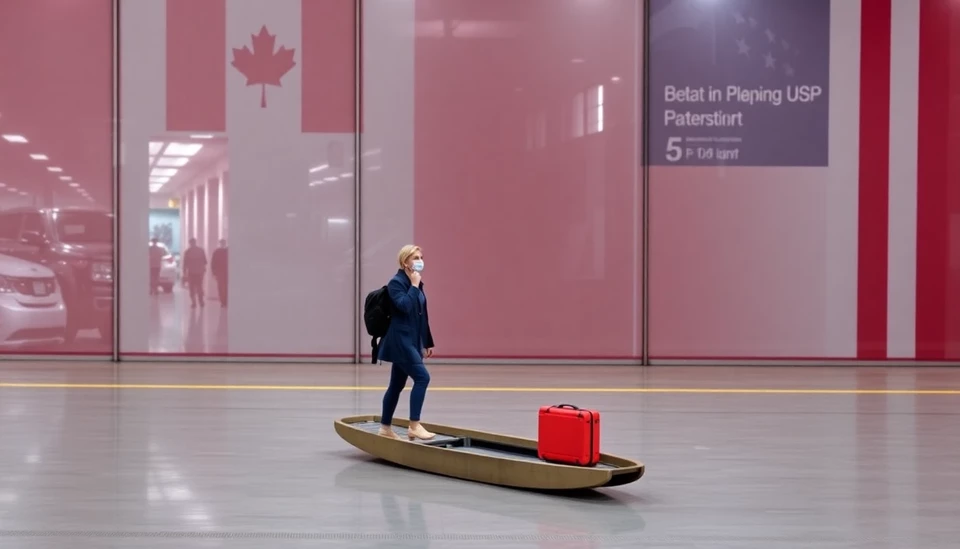
In a notable shift in travel patterns, Canadians are increasingly avoiding flights to the United States as a response to ongoing tensions arising from a trade war between the two nations. The surge in resistance against American policies and rhetoric has led many to reconsider their travel plans, favoring domestic tourism instead.
The catalyst for this movement can be traced back to escalating trade disputes that have left many Canadians frustrated. Imposed tariffs and disagreements over various economic policies have not only affected trade but have also rippled into cultural sentiments. With increased nationalism and a desire to bolster local economies, more Canadians are choosing to spend their vacation dollars within the country's borders.
Travel agencies have reported a significant uptick in bookings for Canadian destinations, with several regions experiencing a boom in tourism. Popular spots, such as the majestic Rocky Mountains, the stunning coastlines of British Columbia, and the cultural hubs of Toronto and Montreal, are reaping the benefits. Hotel occupancy rates are climbing, and local businesses are thriving as Canadians embrace their homegrown treasures over distant destinations.
This shift is further fueled by social media campaigns encouraging domestic travel. Influencers are showcasing the beauty and diversity of Canada, inspiring others to explore less-traveled paths away from the U.S. A wave of patriotic fervor is evident as many view traveling within Canada as a way to support local communities and economies amid global unrest.
Notably, this movement is not limited to casual travelers; it has also captured the attention of lawmakers. Politicians across various provinces are now advocating for policies that promote local tourism, encouraging residents to vacation at home rather than cross the border. As the narrative surrounding relationships with the U.S. continues to evolve, the impact on travel is an important aspect of the broader socio-economic landscape.
While many Canadians express a desire for better relations with their American neighbors, the current atmosphere of distrust and hostility has prompted a reevaluation of transnational connections. This surge in domestic travel reflects a broader sentiment of self-reliance and emphasizes the importance of fostering a strong national identity.
As Canadians navigate this complex and changing landscape, it remains to be seen how long this trend will persist. However, one thing is clear: the allure of the beautiful landscapes and rich culture found within Canada's borders is becoming increasingly attractive, steering many away from flights to the U.S. and fostering a spirit of national pride.
As the travel industry adjusts to these changing preferences, stakeholders are optimistic about the future of Canadian tourism. With continued support from residents and government initiatives aimed at promoting local attractions, it appears that the growth in domestic travel is just beginning.
To sum up, in an era marked by tension and uncertainty, Canadians are reshaping their travel habits, focusing inward and turning towards the treasures that their own countryside has to offer. Whether this trend is a passing phase or a long-term change remains to be seen, but for now, the message is clear: Canadians are finding joy and adventure at home.
#CanadianTravel #DomesticTourism #SupportLocal #TradeWar #TravelTrends
Author: Samuel Brooks

